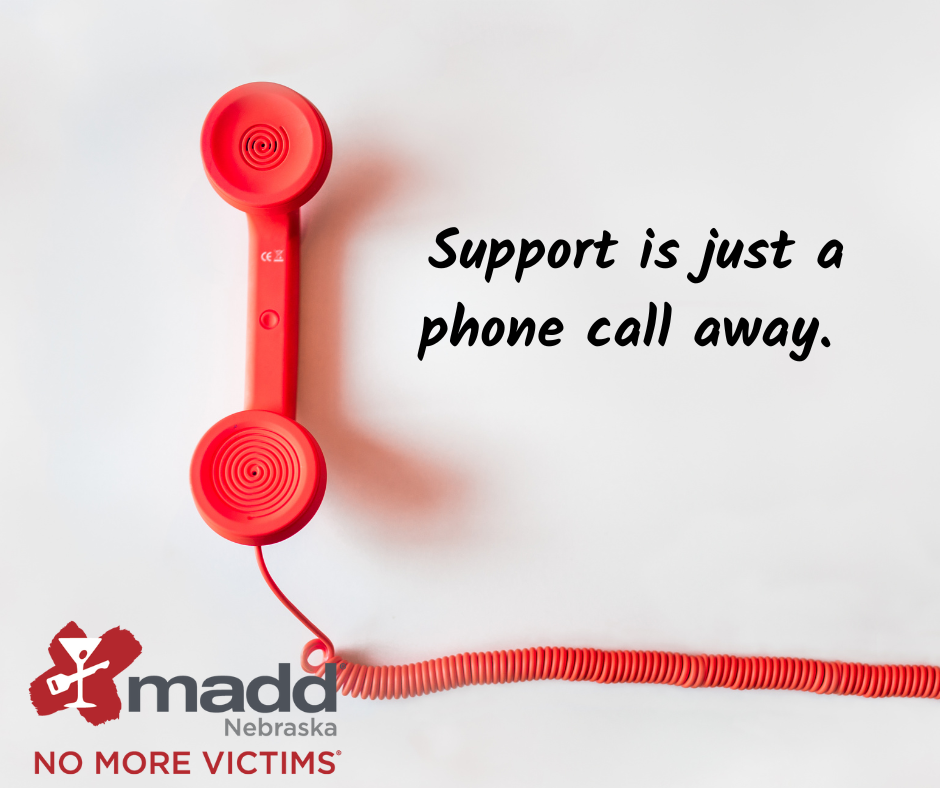MADD Victim Services- Court

Victim Services.
At MADD Nebraska we use these two words all of the time. We offer victim services. Funding helps to support victim services. We can help connect you to victim services.
But what in the world do those words actually mean?
Ultimately, they mean we are here to help.
But, we want people to understand what that help looks like and who it is for. So this is the first in our monthly series to break down what the words victim services mean and how to connect.
We are starting our series of Victim Services by talking about one of the most used services we at MADD Nebraska offer—Court Advocacy and accompaniment.
Court advocacy means a lot of different things. But, we like to think of it as having a guidance system that makes the court process easier to navigate. Having someone there who can help explain things, understands the process, and is able to ask questions a victim may feel they cannot.
MADD Nebraska works with court-appointed or county advocates. While sometimes our roles overlap. Our advocates have specialized knowledge and only work with victims of impaired driving. We work together to connect victims with the specific support they need.
Court Advocacy shows up in a lot of different ways. Often advocates are like an interpreter for the court system. They explain what it means when there are continuances or plea negotiations. Advocates also have conversations with the County Attorney, trying to help families feel comfortable with the court proceedings and feel supported throughout the process. And then there is actual court accompaniment. When possible advocates can attend court with victims. Sitting with them as they listen to the process, explaining things and hopefully helping them to feel like they have their own support system in the court.
There are many things a MADD Victim Advocate can do during the court process. And there are a few things they cannot. They can’t promise the outcome of the case will be exactly what the family wants. They can’t ensure there are no challenges within the process or that the timeline goes as it should. Unfortunately, those are outside of their power. Advocates are there to help support the family and guide them through the challenges and the outcome more than they are there to impact that outcome.
If you have questions about the work MADD advocates do in the court system or would like to be connected with an advocate, please reach out to us at (402) 434-5330 or [email protected].
Next month we will be discussing the work MADD does to connect victims with support systems.
